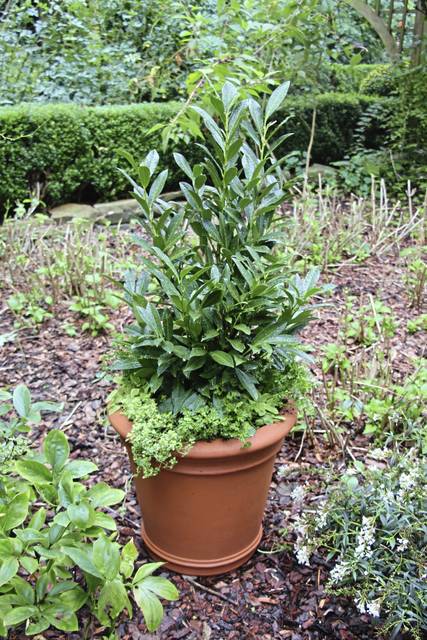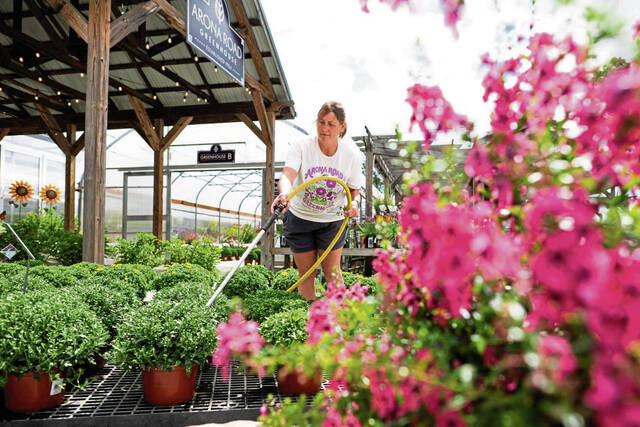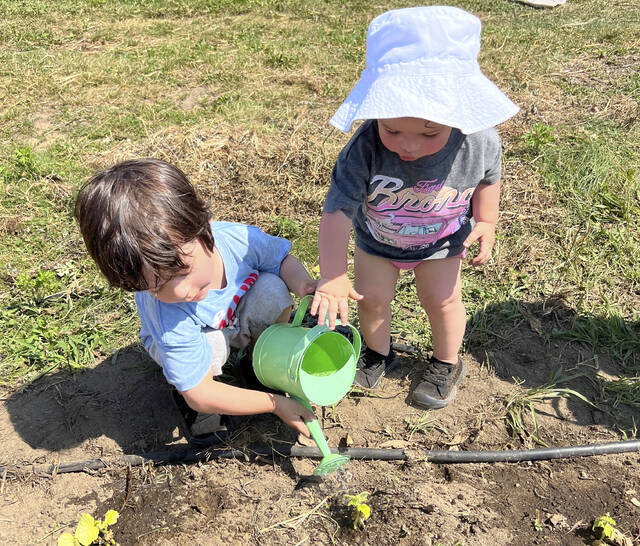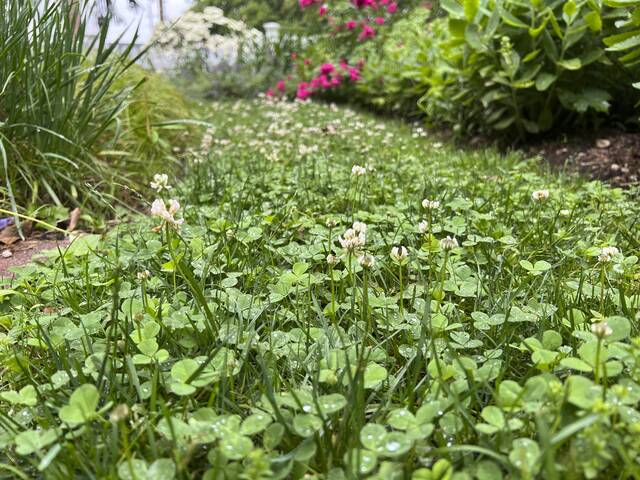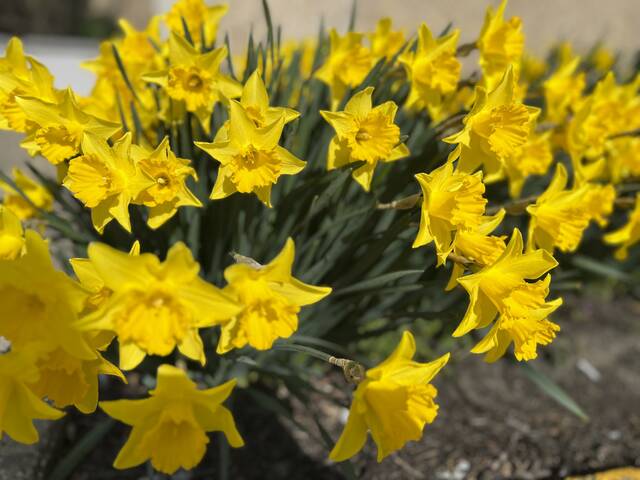While the first frost certainly signals the end of fresh basil harvests, it doesn’t have to signal the end of all herb harvests, especially if you’re willing to get a little creative. With a little effort, you can harvest several types of fresh herbs all winter long by potting up your outdoor plants and moving them indoors.
You can try to overwinter many different herbs, but you’ll find you have more success with some than with others. If you have a grow light, you can grow nearly any herb indoors, but without supplemental lighting, you won’t always have great results.
Here are several of the easiest herbs to grow indoors during the winter, even without the help of a grow light.
Bay laurel (Laurus nobilis): The leaves of this tender shrub are known as bay leaves and are dried and used in soups, sauces, and stews. Though it’s not hardy here, bay laurel is easy to grow indoors during the winter months. Move the plant inside before the danger of frost because this Mediterranean native is not at all tolerant of cold temperatures. Locate your bay tree in a very bright room and water regularly but sparingly. Do not fertilize your bay during the winter months. If you do, it will encourage new growth which is not desirable in the winter and can make the plant more susceptible to pests like aphids and spider mites.
I do not suggest harvesting a lot of bay leaves during the winter, though sneaking a leaf or two certainly won’t hurt it. The best harvesting time is during the growing season when the essential oil content is highest and the flavor will be the most intense.
Rosemary (Rosmarinus officinalis): Another perennial herb that’s not winter hardy in Western Pennsylvania, rosemary imparts a great flavor to potato, poultry and other dishes. Grow this plant outdoors all summer long, then pot it up and overwinter it on a sunny windowsill. Rosemary should be kept on the dry side through the winter and only light harvests should be made. An alternative method is to purchase a new plant each autumn for growing indoors through the winter, rather than relocating your outdoor plant to an indoor location. Some gardeners find a greater level of success this way, since the plants will not have quite as much transplant shock to deal with.
Parsley (Petroselinum crispum): Parsley is a biennial herb that produces a rosette of green leaves during its first season and then bolts (or goes to flower) at the start of its second season. Parsley sometimes overwinters outdoors in our growing zone, but if you want to continue to harvest from the plant, pot it up at the end of the growing season and move it indoors. You’ll get a few more months of harvests out of the plant, but that’s still a longer harvest than you’d have if the plant were left outdoors. Use well-drained potting soil and keep the plant well watered, but do not allow water to sit in the saucer beneath the plant or crown rot could be the result. Pinch off leaves as needed for use in soups, stocks and stews.
Lemongrass (Cymbopogon citratus): Another perennial herb that is not hardy in our climate, lemongrass grows quite large, even in a container. I move my lemongrass plant into the garage for the winter and allow it to go dormant, but if you have a bright window and enough room, move your potted lemongrass indoors and you can continue to harvest from it all winter long. Lemongrass sections can be snapped off the plant at their base and tossed into soups, stocks and stir fries for flavoring (just remember to pull the stalks out before serving because they’re woody and inedible). Lemongrass should be watered frequently and deeply, especially if it’s a large, pot-bound plant. You can also give it a haircut when bringing it indoors by removing about half of the plant’s height. This limits moisture loss through the winter months.


